About Tensta konsthall
About Tensta konsthall
Tensta konsthall was founded in 1998 as a grass root initiative, partly realized thanks to a special bid for the more remote Stockholm suburbs, and partly at the occasion of Stockholm Capital of Europe that same year. Throughout the years, Tensta konsthall has made itself a name as an art space devoted to an international outreach taking place in dialogue with programs and activities with local resonance.
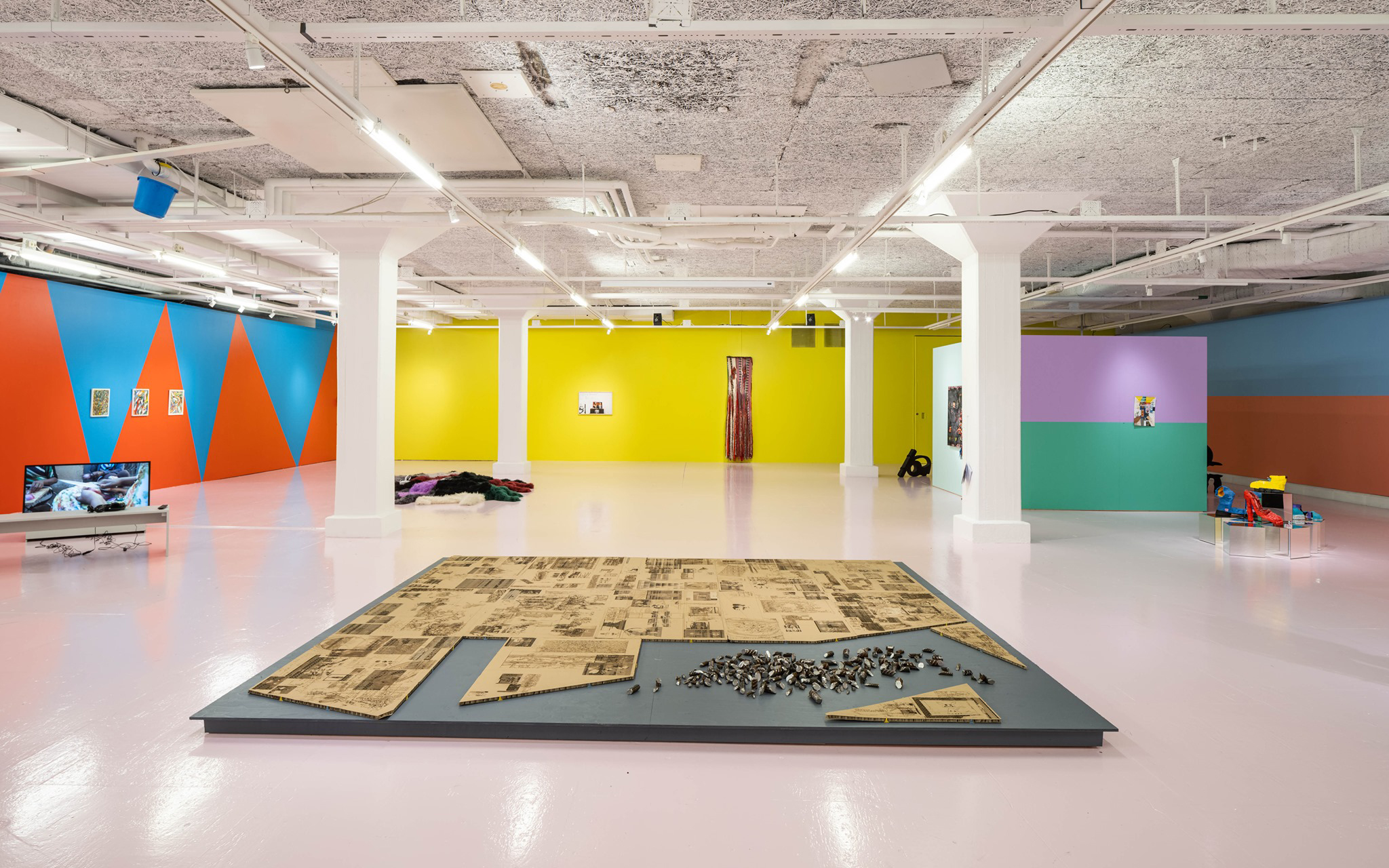
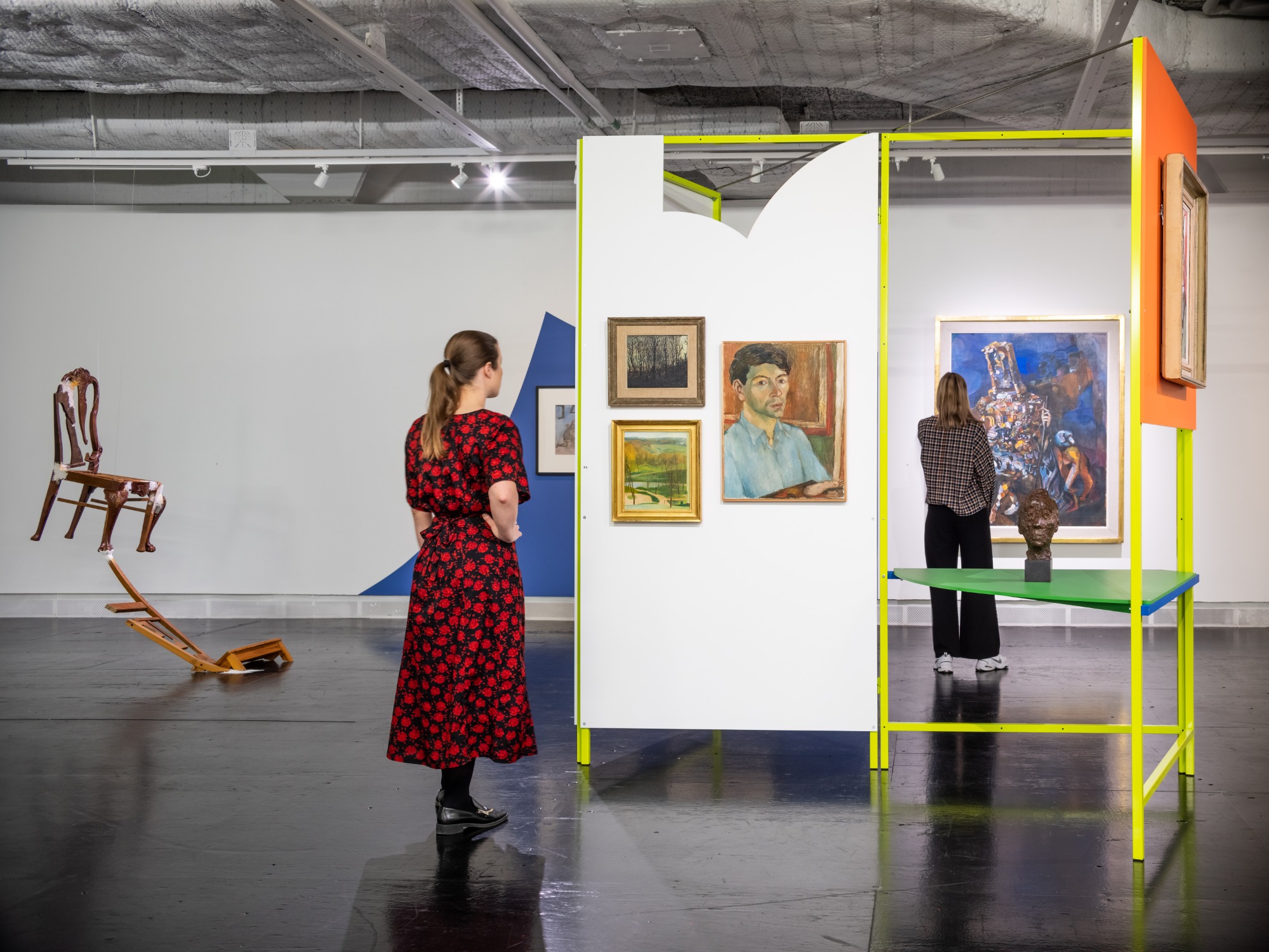
Tensta konsthall’s ambition is to participate in an ongoing international dialogue about what contemporary art is and can be, as well as mediate exhibitions and activities in a meaningful and relevant way both for the art public, schools, higher educational programs and for the people living in the neighbourhoods of Tensta and Järva.
Since 2019, the director is Cecilia Widenheim. Previous directors are Maria Lind, the trio Rodrigo Mallea Lira, Ylva Ogland and Jelena Rundqvist, William Easton and the founding directors Gregor Wroblewski and Celia Prado. Since 2000, Tensta konsthall is run as a foundation, financed primarily by the City of Stockholm, The Swedish Art Council, and Region Stockholm.
Many artists have had their first important exhibition at Tensta konsthall, whereafter they have been invited to participate in larger institutions around the world. Over the years, several projects have involved Tensta konsthall’s neighbors, schools, and local organizations in the working processes. Tensta Museum (2013-14), Red Love, with Dora Garcia (2018), Soon enough: Art and Action (2018), Migration: Traces in an Art Collection (2019), The Invisible Enemy Should Not Exist with Michael Rakowitz (2020), Åke Hodell - Resistance (2021) along with Hurting and Healing: Let’s imagine a different heritage (2022) are examples of exhibitions of the last decade. In the archive, which is currently under construction, you find information about previous exhibitions. If you don’t find what you are looking for, please contact us!
Lately, Tensta konsthall has collaborated with Tensta library, the Stockholm Association of Swedish Handicraft, Konstfack, The Royal Technical School, Mohammad and Mahera Abu Ghazaleh Foundation for Art & Culture in Amman, Beckman’s School of Design, Tensta Träff and Tensta-Hjulsta Women’s Center. Tensta konsthall is part of national and international networks such as Klister, and Cluster, and has been part of EU financed projects such as 4Cs: From Conflict to Conviviality through Creativity and Culture, FEINART: The Future of European Independent Art Spaces in a Period of Socially Engaged Art and Agents of Change: Mediating Minorities.
Accessibility
For those who arrive by metro, there is an elevator going down to the square in front of Tensta konsthall. There is also a walkway from Tensta C. To reach the entrance there is a permanently installed ramp for wheelchairs, strollers and walkers. All Tensta konsthall’s spaces are accessible for physically impaired visitors.
Saturday and Sunday 12—17
Closed 24 December—1 January
Free entrance
Tensta konsthall
Taxingegränd 10, Tensta
Kontakt
T: +46—(0)8—36 07 63
E: info@tenstakonsthall.se
W: www.tenstakonsthall.se
Stiftelsen Tensta konsthall
Org Nr. 802409-6110
Taxingegränd 10
Box 4001
163 04 Spånga
Sverige
Throughout the years, the Classroom has gotten new appearances by, among others, Christian Nyampeta (2018), Infrastructure of Quasi-Events*, Olivia Plender, Practicing Politics: The Fogelstad Women’s Citizenship School 1925–1954(2019) and Apolonija Šušteršič, A Political Classroom, 2022 - 2023. During the pandemic, the Classroom was transformed into a branch of the Muhammad and Mahera Abu Ghazaleh Art Foundation library, MMAG in Amman.
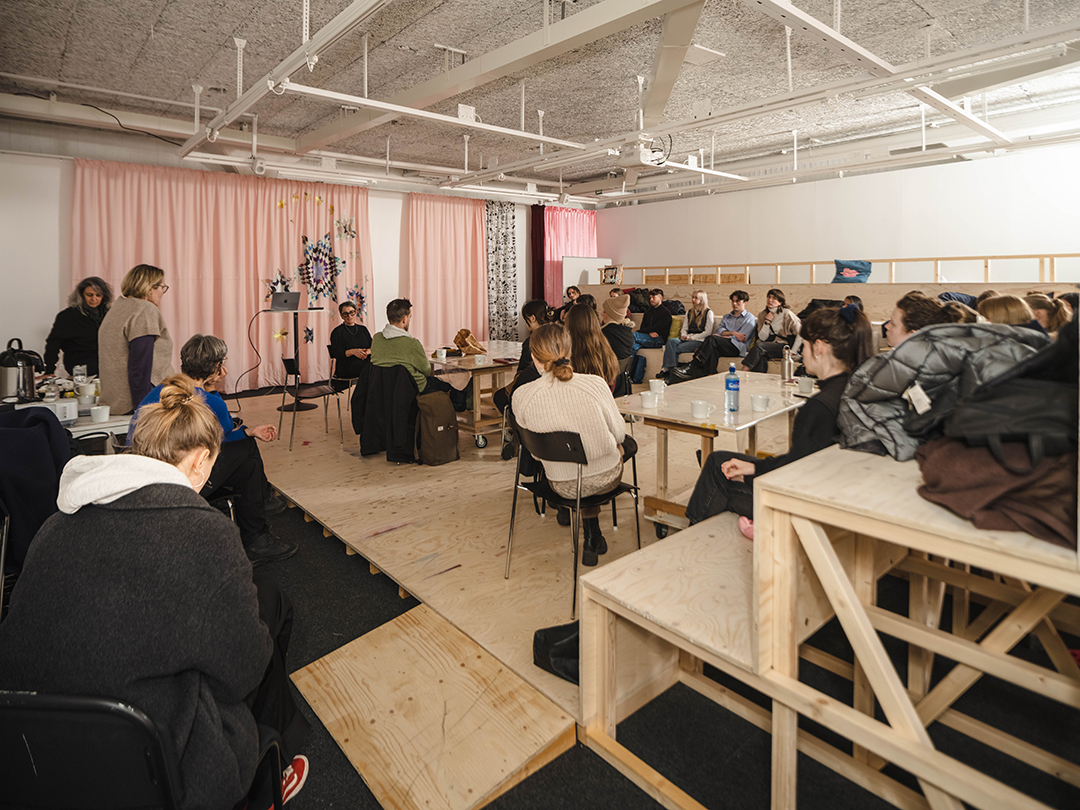
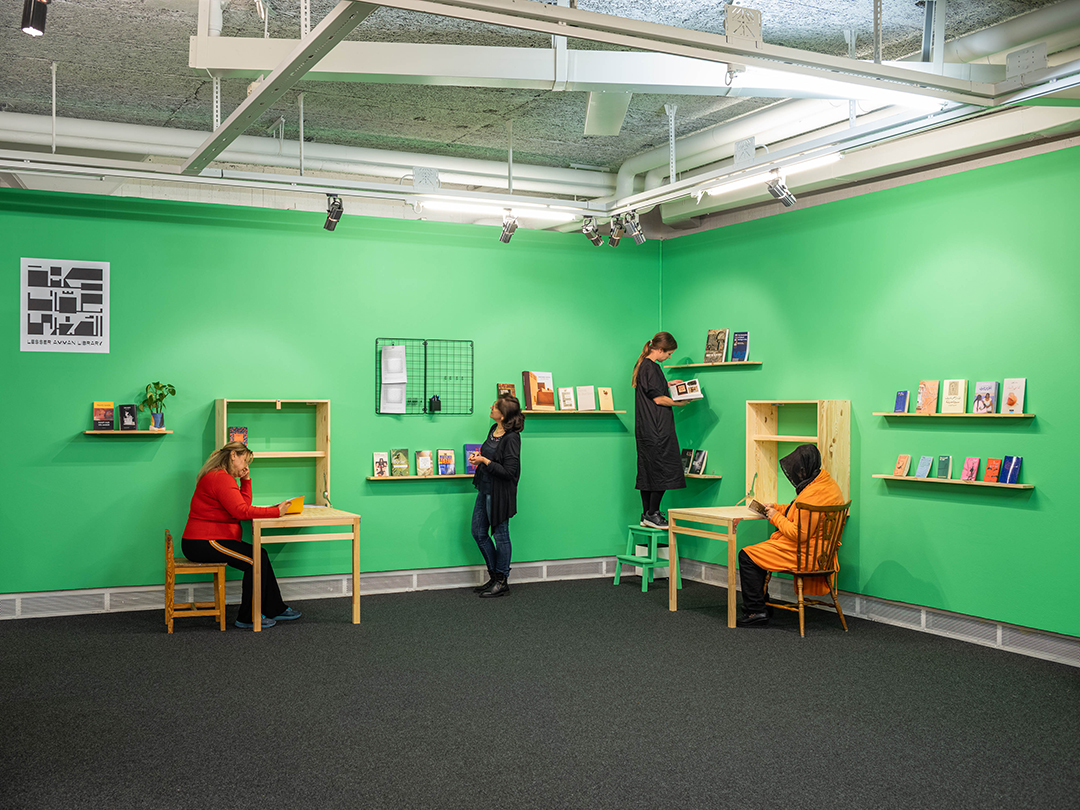
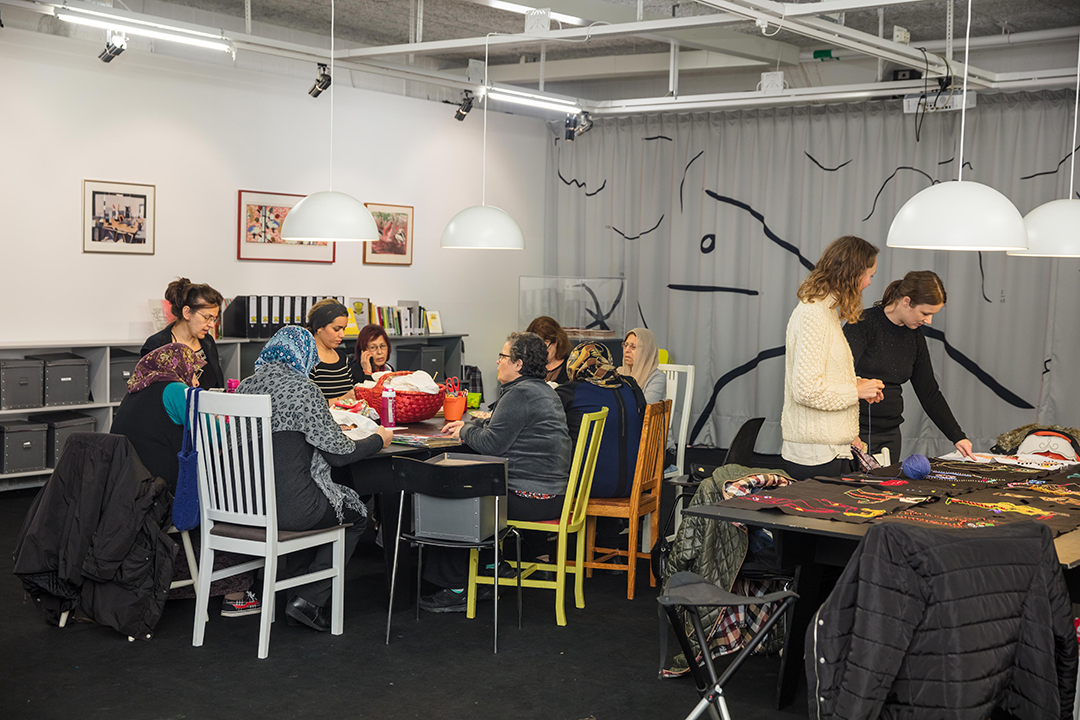
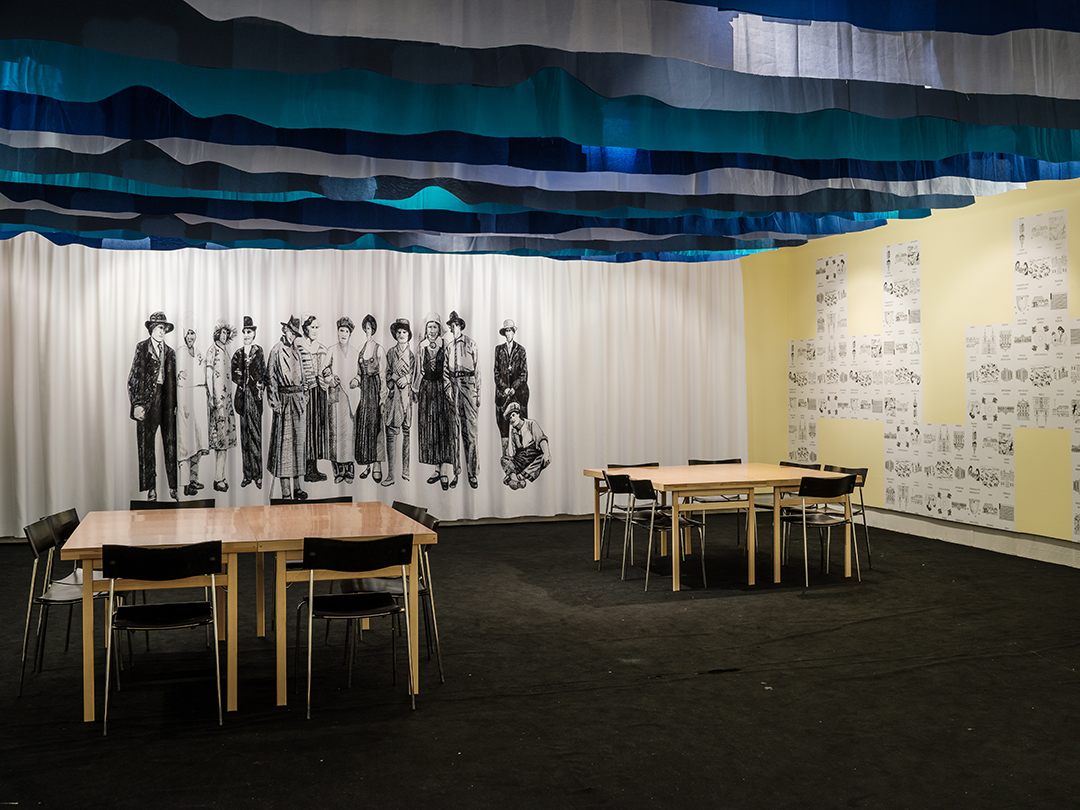
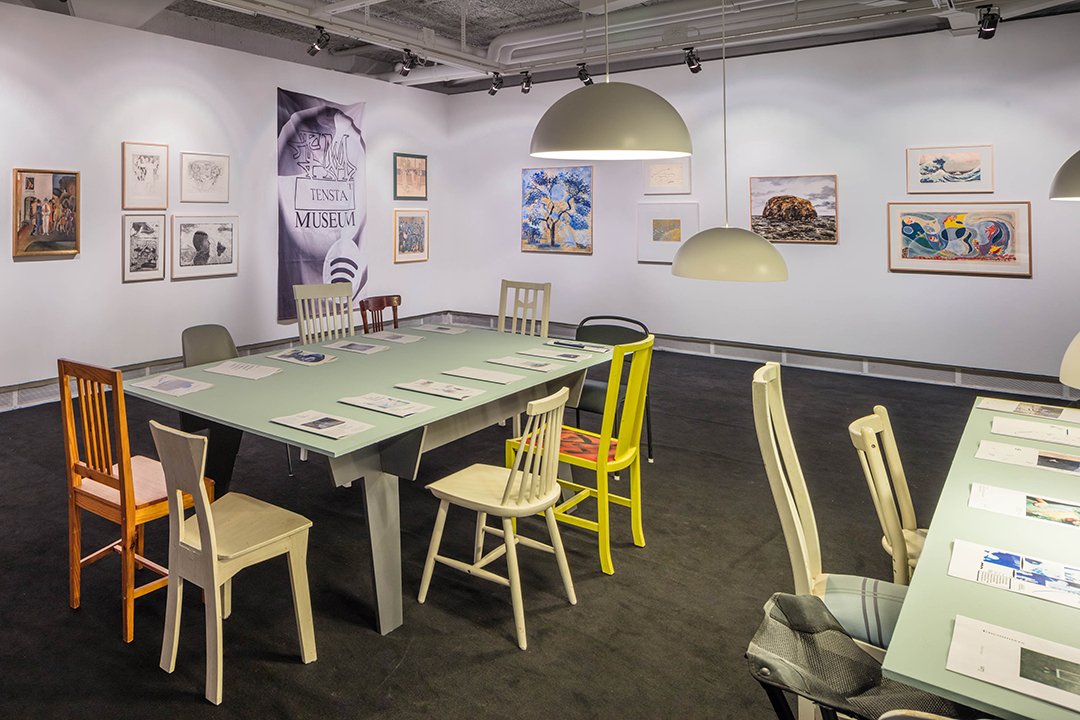
Since 2015, Tensta konsthall runs an allotment. The allotment is located within walking distance of the art center and acts as an open door to get to know the art.

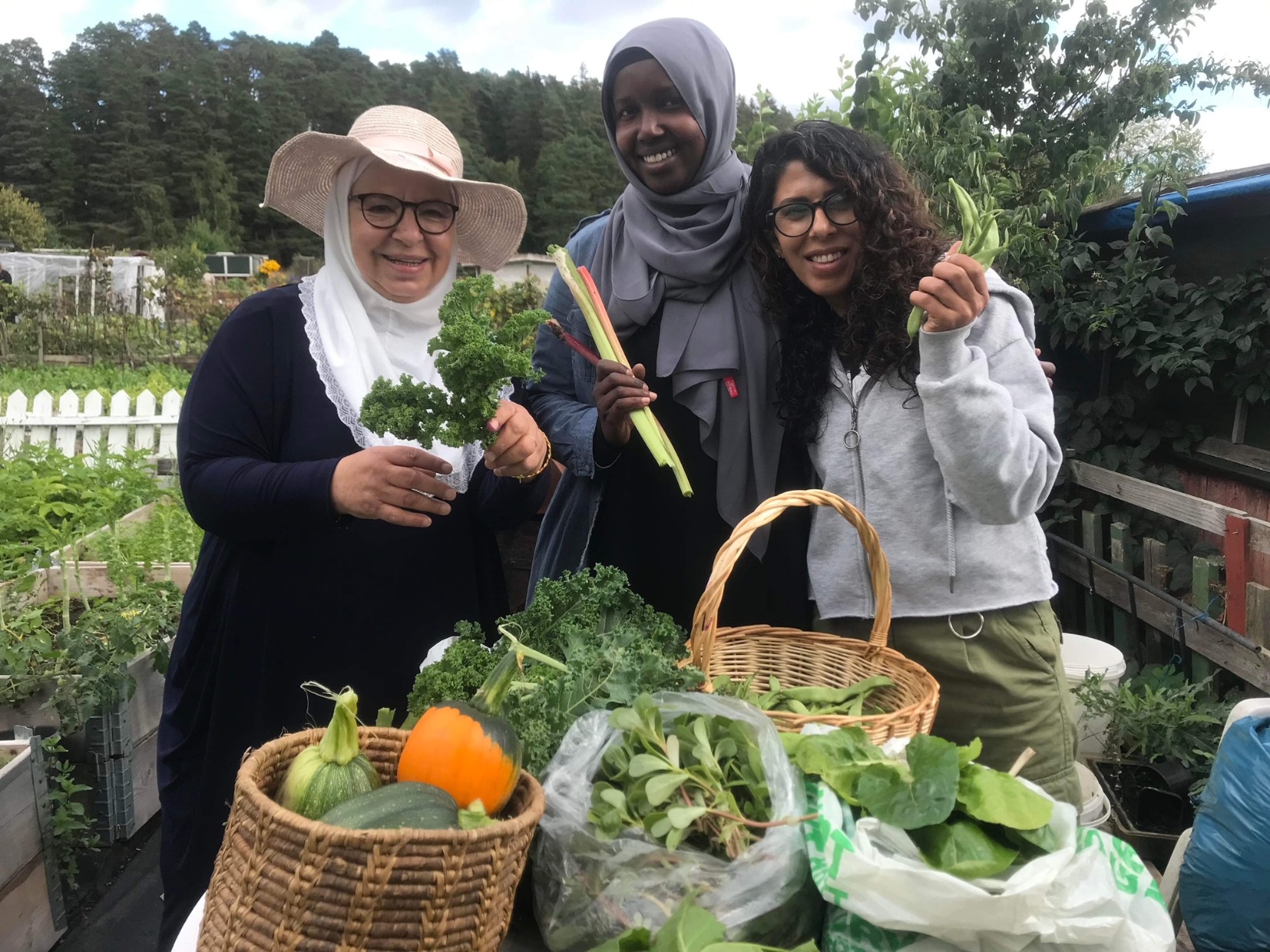

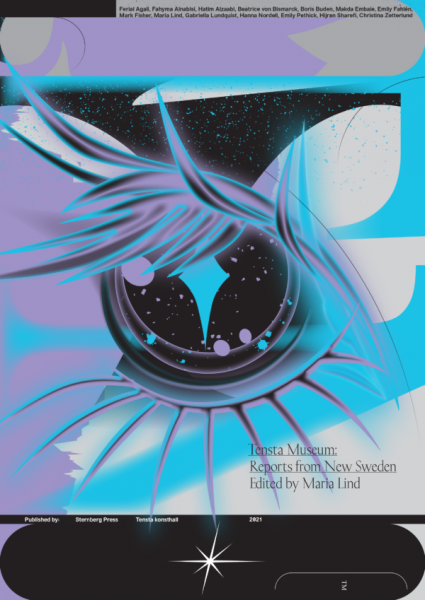
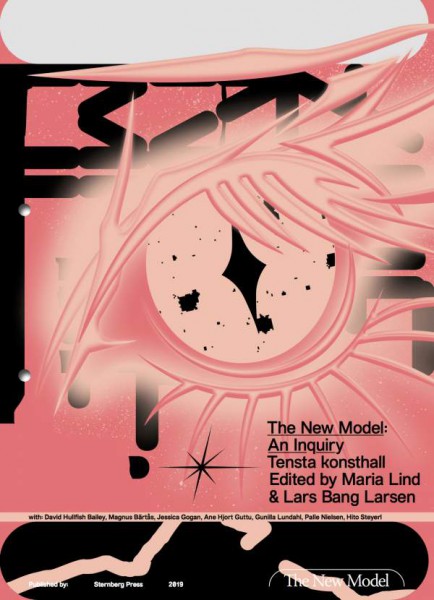
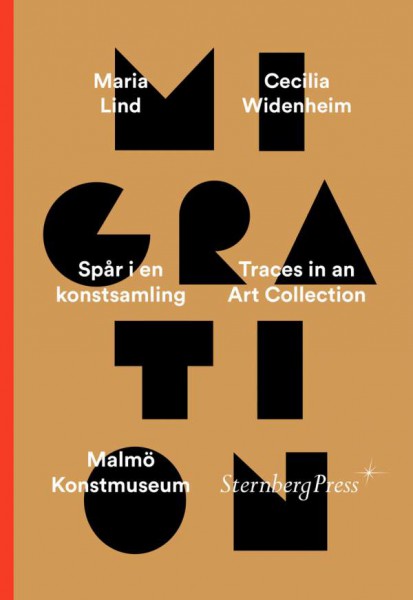
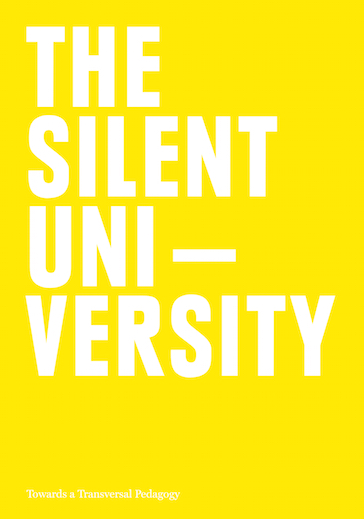
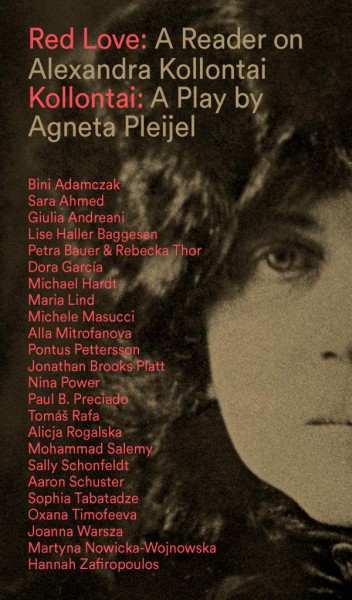
The New Model: An Inquiry
200kr
Migration: Traces in an Art Collection
250kr
Tensta Museum: Reports from New Sweden
200kr
The Silent University: Towards a Transversal Pedagogy
200kr
Red Love: A Reader on Alexandra Kollontai / A Play by Agneta Pleijel
200kr
Karin Lekberg (head of board)
Balsam Karam
Nabil Belkacem
Ann-Sofi Noring
Helena Olsson
Samira Bouabana
Edi Muka
Tensta konsthall stöds bl. a. av Stockholms stad, Kulturrådet, Region Stockholm.

The visual identity and website of Tensta konsthall is designed by Johanna Lewengard and Benedetta Crippa (Studio Benedetta Crippa).
Web development: Iyo Bisseck
Typefaces: Coconat by Sara Lavazza, Cofo Sans by Contrast Foundry, and Anthony by Sun Young Oh
